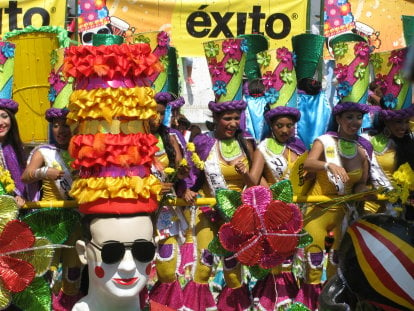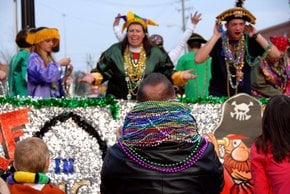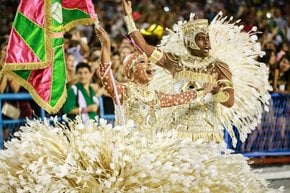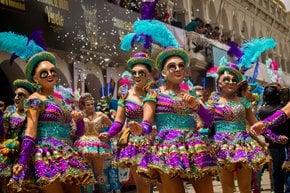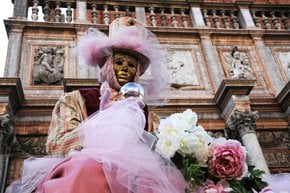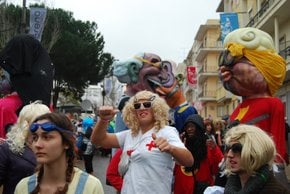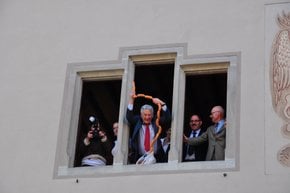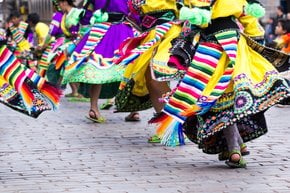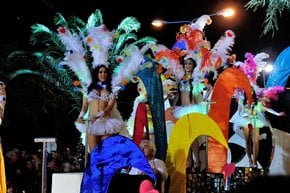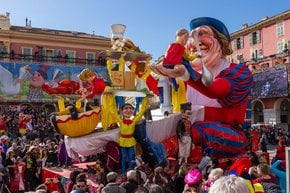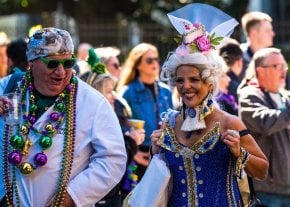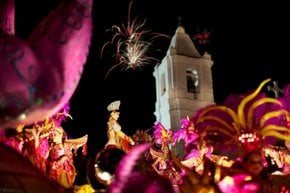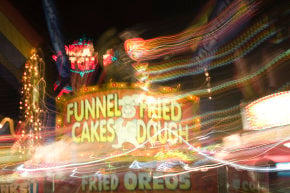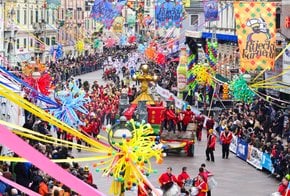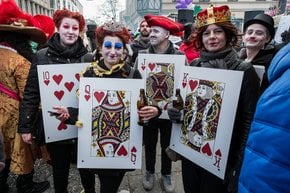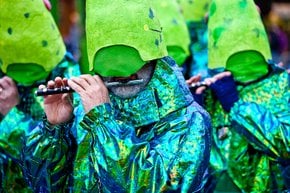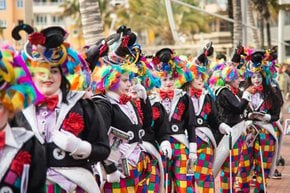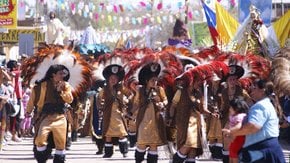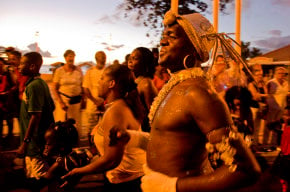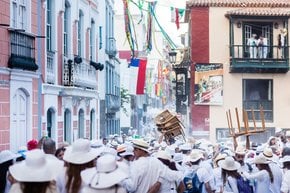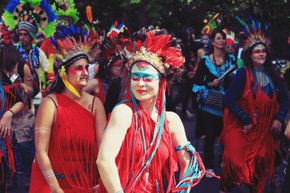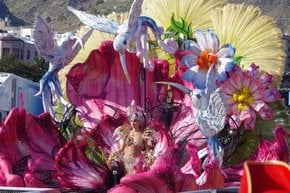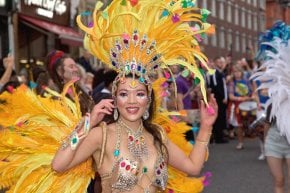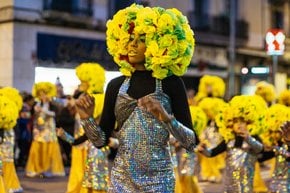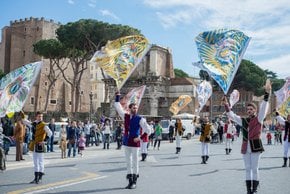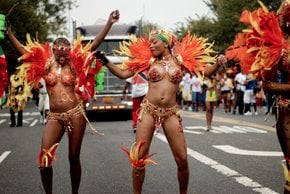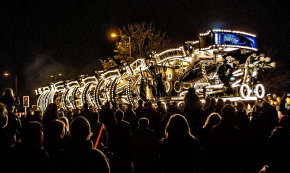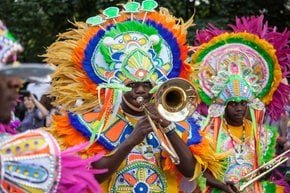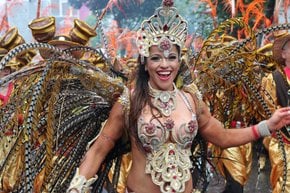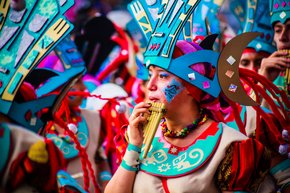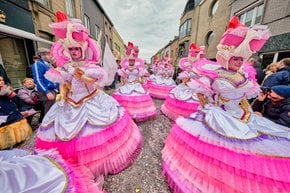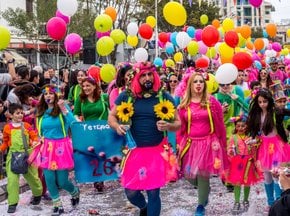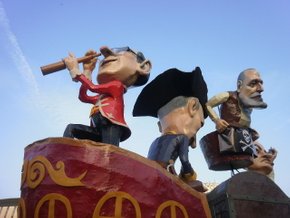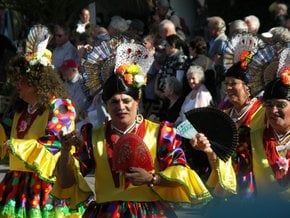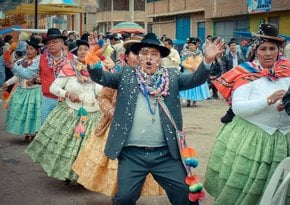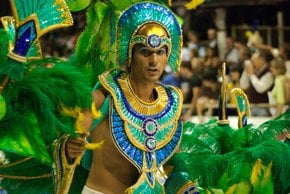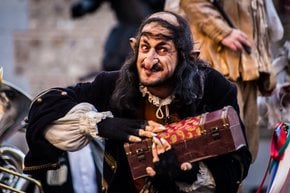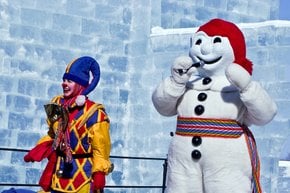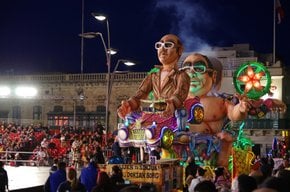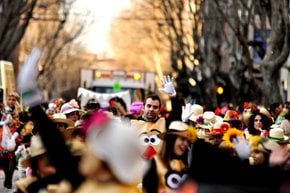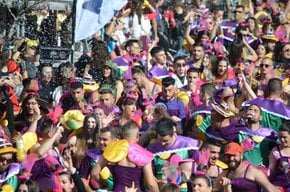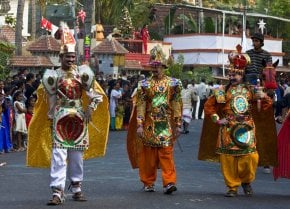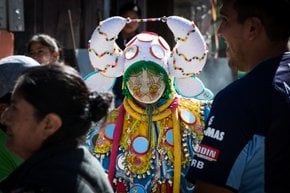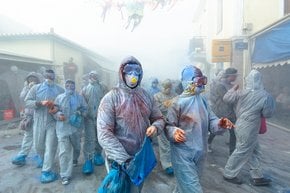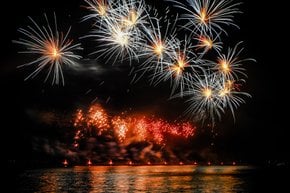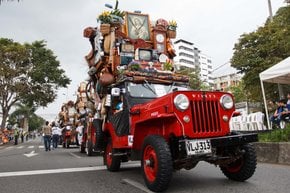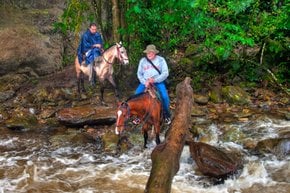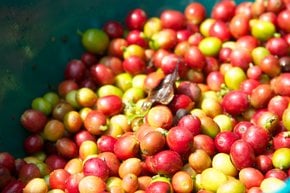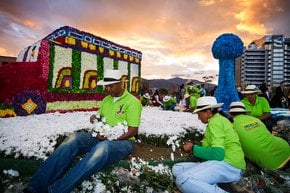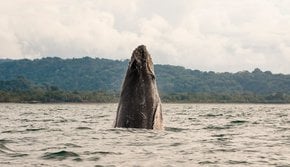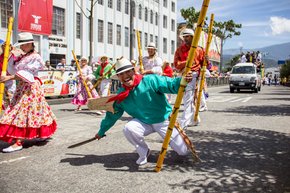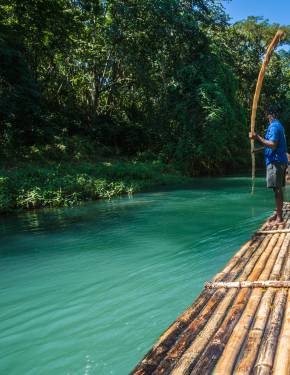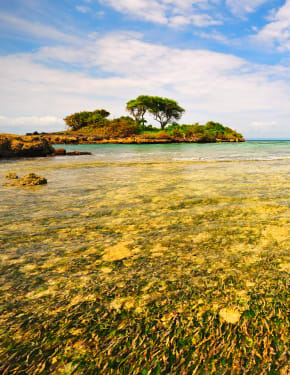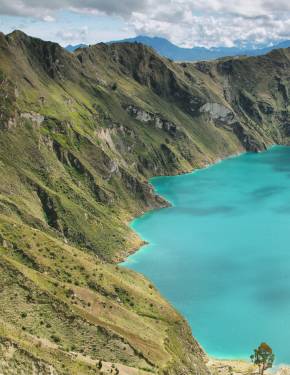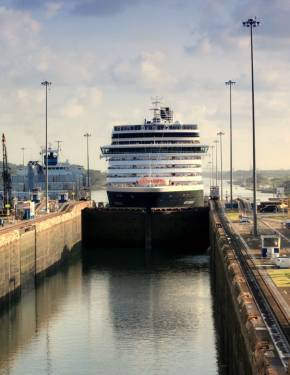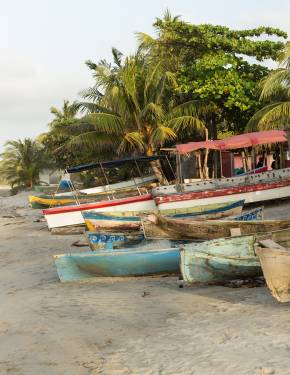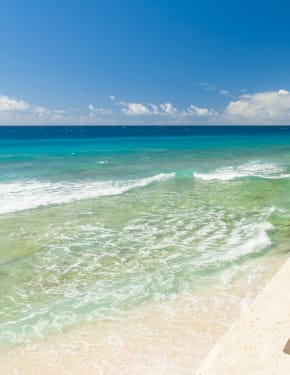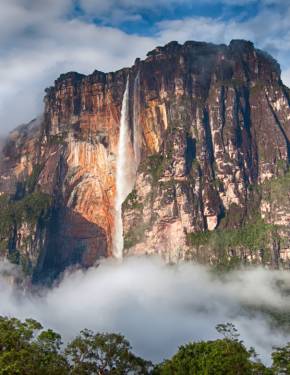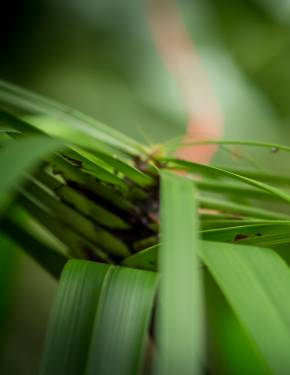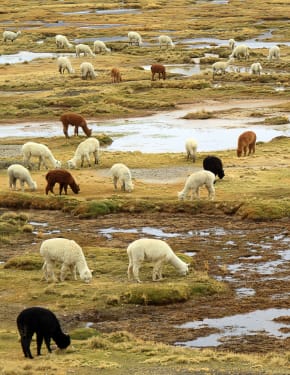Barranquilla Carnival 2025 in Colombia
Barranquilla’s Carnival offers unforgettable memories and a vibrant way to immerse yourself in Colombia’s rich folklore and culture
Dates: March 1–4, 2025
Barranquilla Carnival, the second largest in Latin and South America after Rio de Janeiro, begins 40 days before Easter and lasts several days. The city comes alive with street dances, musical performances, and masquerade parades, featuring traditional dances like the Spanish paloteo, African Congo, and indigenous mico y micas. Colombian music styles, especially cumbia, dominate the festivities, with performances often accompanied by drums and wind instruments. While Barranquilla Carnival is not part of Mardi Gras, both share pre-Lenten origins.
Schedule of Events
During the Barranquilla Carnival, visitors can enjoy various activities, including lively parties, concerts, and folk dances. It's an excellent opportunity for tourists to explore the local culture, interact with residents, and savor traditional Colombian dishes and beverages. The festivities feature iconic Colombian rhythms like cumbia, porro, gaita, and puya, along with traditional dances such as the Spanish paloteo, African Congo, and Indigenous mico y micas, which form the vibrant essence of the celebration.
Pre-Carnaval Events
The Barranquilla Carnival begins on January 18 with the Lectura del Bando, which includes the presentation of the Carnival Queen and Rey Momo, as well as a musical performance. On February 22, La Guacherna features a night parade where participants wear LED-lit costumes. The Noche del Río highlights traditional Colombian music. The Coronation of the 2025 Carnival Queen is a formal event with elaborate gowns, jewelry, and performances. From February 28 to March 2, Baila la Calle (Dance the Street) takes place on Carrera 50, offering three nights of live music and entertainment.
Batalla de Flores, or The Battle of Flowers (March 1, 2025)
The Battle of Flowers, the iconic opening event of the Barranquilla Carnival, takes place on Via 40 and features extravagant floats adorned with floral arrangements, vibrant costumes, and live performances. Up to 15,000 dancers, musicians, and fire breathers entertain over 400,000 spectators during the six-hour parade, starting at 11 am on Saturday. Dazzling queens lead the procession, creating a festive atmosphere of music, dance, and celebration.
Grand Parade of Tradition and Folklore (March 2, 2025)
On Sunday, a vibrant Gran Parada de Tradición y Folclor on Vía 40 showcases hundreds of traditional comparsas, featuring folkloric groups, cumbia dancers, and performers in colorful costumes. This grand celebration highlights Barranquilla's cultural diversity, with ethnic groups presenting traditional dances and music, including cumbia, mapalé, merecumbé, and porro. Following the parade, the Orchestra Festival brings together local and national bands competing for the prestigious Congo de Oro. The parade starts at noon.
Grand Parade of Fantasy Dance Groups (March, 3, 2025)
The Gran Parada de Comparsas de Fantasía, held on Monday at 1 pm, is a vibrant parade featuring traditional and fantasy troupes adorned with feathers, sparkles, and elaborate costumes. This lively procession captures the authentic spirit of the Barranquilla Carnival with dazzling performances and energetic dancing.
Joselito se va con las cenizas Parade (March 4, 2025)
The "Joselito se va con las cenizas Parade" on Tuesday, March 4, 2025, marks the end of the Barranquilla Carnival, held on Carrera 54. Joselito, symbolizing the joy of the carnival, "dies" on this day after days of revelry, only to "resurrect" for the next carnival. The queen, dressed in black to signify widowhood, mourns Joselito throughout the parade, with attendees dramatically wailing along the route.
Tickets
The parades are free to watch, but purchasing a ticket for bleacher seats, known as palcos, can provide a better view. In 2025, palco tickets cost up to $495,000 COP and are sold as a package for all three parade days (Saturday, Sunday, and Monday). However, palcos are often overbooked, so arriving early is recommended to secure a good spot.
Origins
The Barranquilla Carnival traces its origins to European traditions introduced during the Spanish conquest, blending pagan ceremonies, Catholic beliefs, and the cultural diversity of European, African, and Indigenous influences. Initially a holiday for enslaved people, it evolved into a regional celebration rooted in 19th-century traditions and influenced by colonial-era festivities in Cartagena. Afro-descendants contributed dances, songs, costumes, and instruments to the carnival's character. Recognized by UNESCO, it was declared a Masterpiece of Oral and Intangible Heritage in 2003 and an Intangible Cultural Heritage in 2008.

